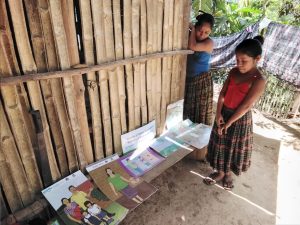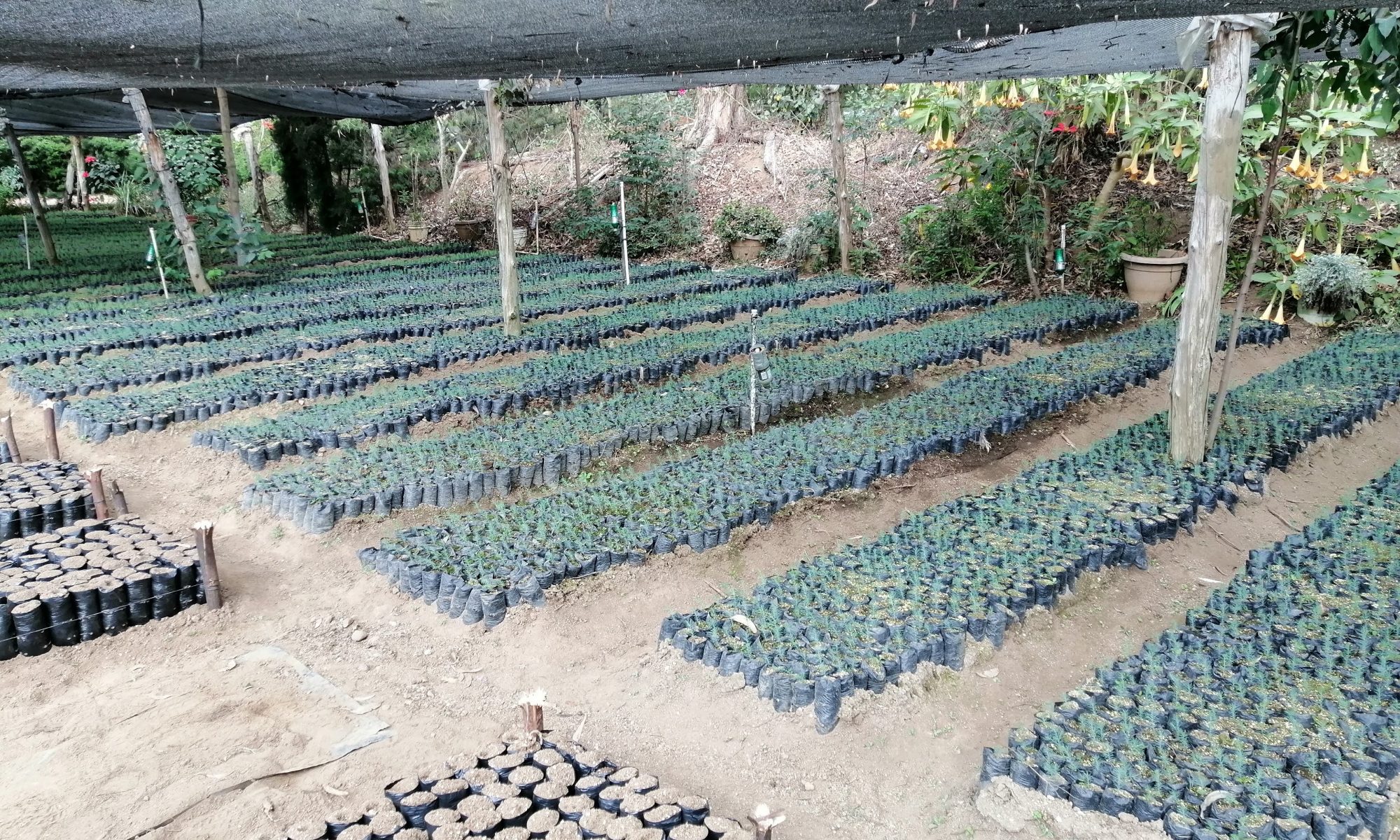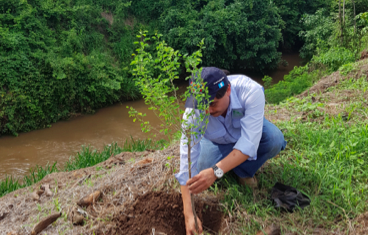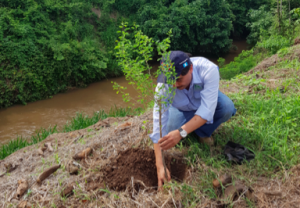The Guatemalan Sugar Industry congratulates the Chamber of Agro -Camagro- and the Business Network for the Prevention and Eradication of Child Labor, for obtaining first place in the international award “Leader of Change for the Eradication of Child Labour”, which is granted by the International Organization of Employers -OIE-.
With the initiative “Boys and Girls to School”, the Guatemalan business network stood out in the contest due to the diversity of innovative activities, promoted through different sectors, with positive impacts on the elimination and prevention of child labour. The network is made up of 18 business organizations, 4 NGOs, 2 government institutions and 2 international organizations.
 The Guatemalan Sugar Industry actively participates, both in Camagro and in the Business Network. Since 1999 has permanently contributed to the prevention and eradication of child labor, through a union policy that establishes the working conditions to generate decent employment and the No child labor in the activities of the sugar sector.
The Guatemalan Sugar Industry actively participates, both in Camagro and in the Business Network. Since 1999 has permanently contributed to the prevention and eradication of child labor, through a union policy that establishes the working conditions to generate decent employment and the No child labor in the activities of the sugar sector.
Likewise, it contributes to this objective through the social programs carried out by Fundazucar, which are focused on strengthening public institutions and promoting responsible citizen participation to influence the improvement of the quality-of-life indicators of the population in the 56 municipalities of the South of Guatemala where it operates, promoting equal opportunities for the education of boys and girls.
Prevention and eradication of work child
The joint efforts made by the Sugar Industry, in coordination with the Ministry of Education, Ministry of Labor and Social Welfare, the Guatemalan Sugar Producers Association and community coordination through Fundazucar, have allowed great advances in the prevention and eradication of child labour because each of the parties has assumed the role that corresponds to open up opportunities for sustainable solutions within the framework of public policy.
 “The Guatemalan Sugar Industry reiterates its commitment to the generation of formal, dignified and decent employment, and the No child labor,” said Alfredo Vila, President of the Guatemalan Sugar Producers Association -Asazgua-.
“The Guatemalan Sugar Industry reiterates its commitment to the generation of formal, dignified and decent employment, and the No child labor,” said Alfredo Vila, President of the Guatemalan Sugar Producers Association -Asazgua-.
This award recognizes the efforts that each of the sectors represented in Camagro and in the Business Network have made over the years to avoid hiring child labor and to bet on a better future for Guatemalan children through education.
The jury that chose the winners was made up of the International Organization of Employers -OIE-, the Kalash Foundation and the International Labor Organization -OIT-. The announcement of the global winners was made on June 16th, 2021, from Geneva, Switzerland.






























